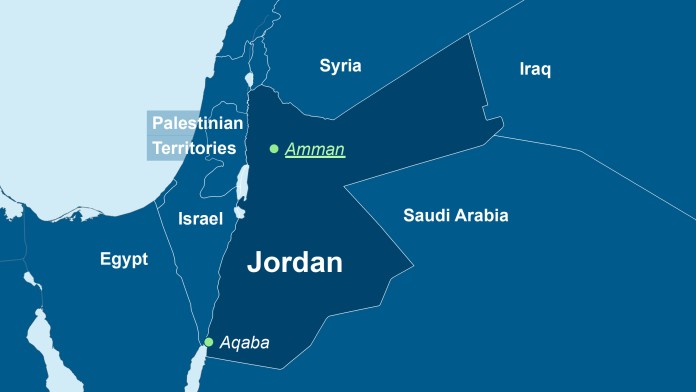
In light of the region's many troubled areas, Jordan almost seems like a peaceful oasis. But the country is facing major challenges that are exacerbated by the influx of a large number of refugees from Syria: unemployment is over 18% and much higher for young people and women. The scarcity and complete overuse of water resources are among the main problems. At the same time, in the education sector there is a lack of both qualified teaching personnel and classroom space due to the increasing number of pupils. So German Development Cooperation (DC) is supporting Jordan in the areas of water/sanitation and waste, as well as by promoting education and employment. This is in addition to the aid for Syrian refugees in host communities and refugee camps.
KfW Office Amman
Director KfW Office: Dr. Mark Schwiete
Mohammad Baseem Al-Khammasch Street No 13
P.O. Box 926 238
11190 Sweifieh, Amman
Jordan
Phone: +962-(0)6-585 4396
Fax: +962 65 85 45 73